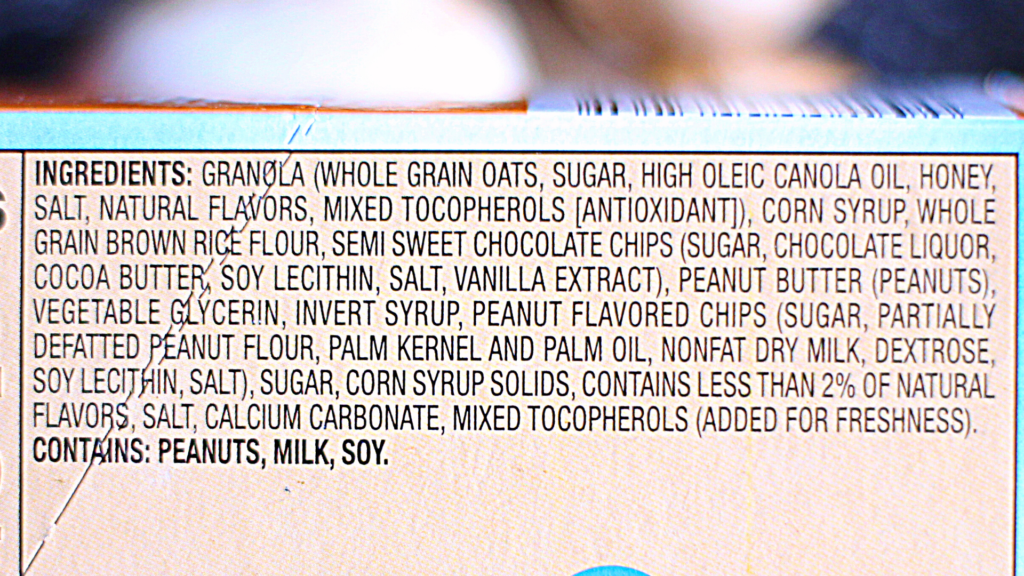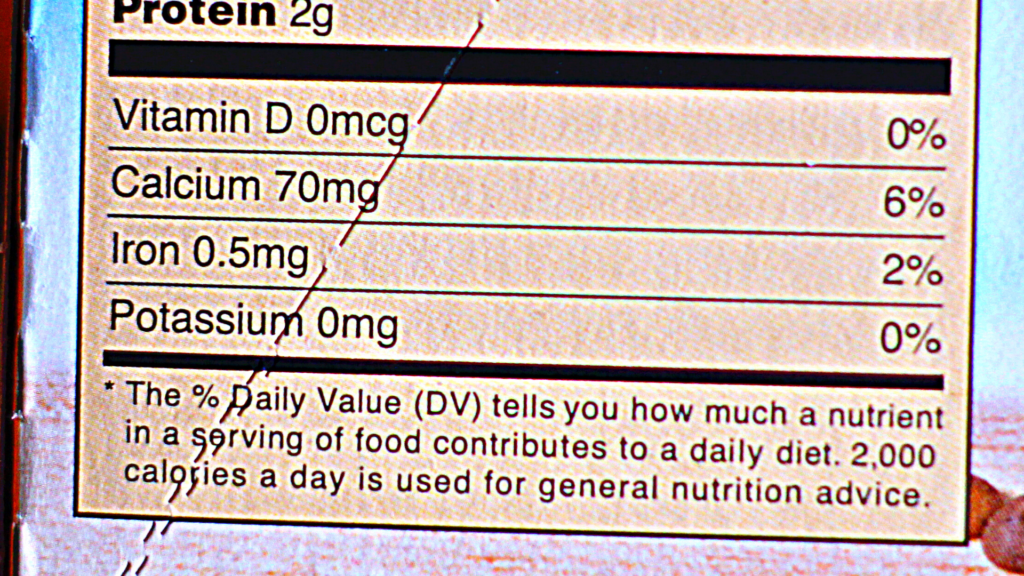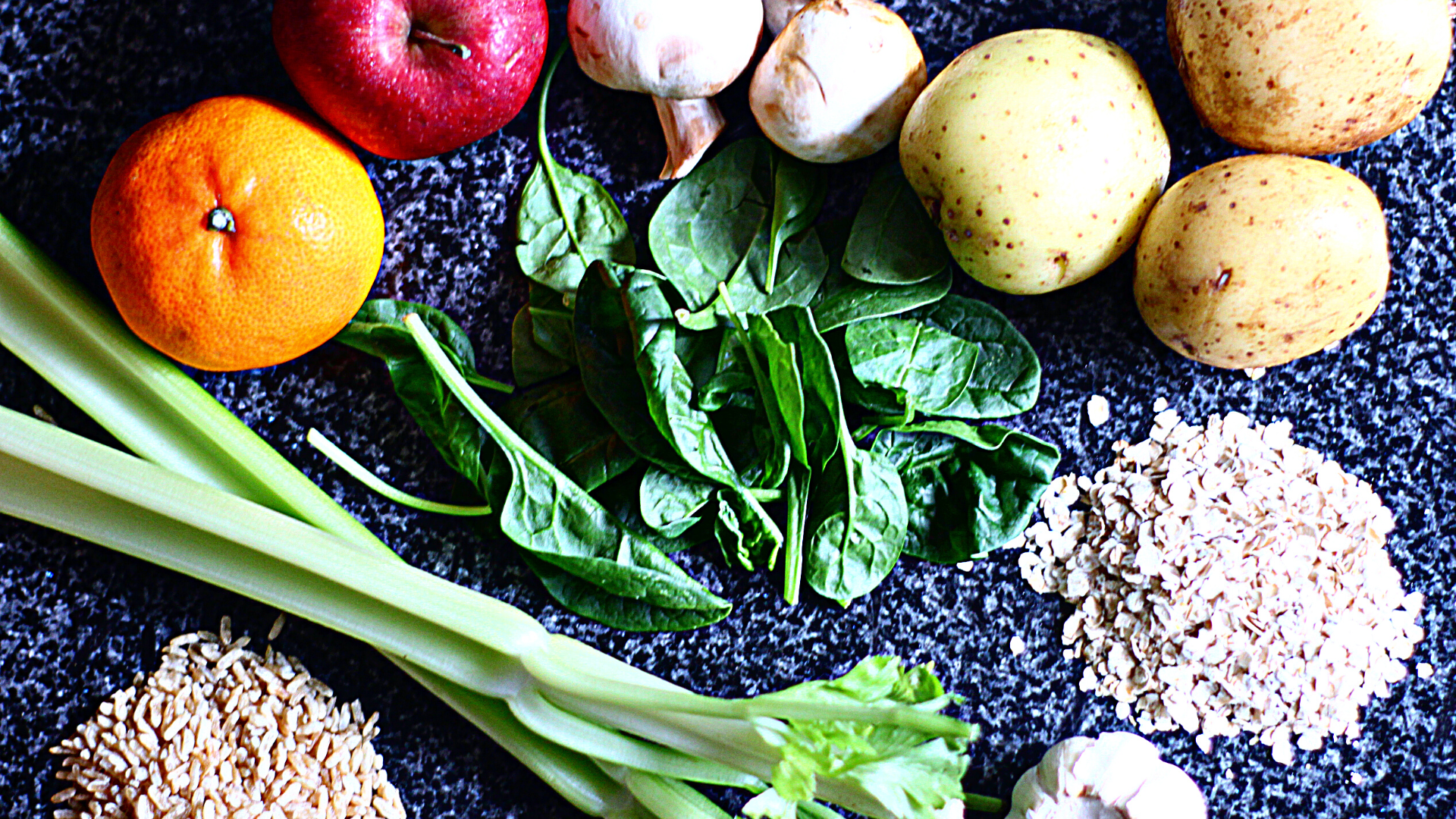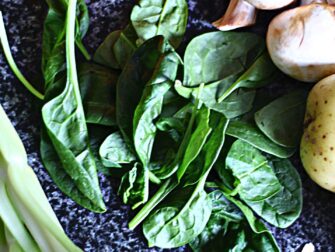Take your fitness to the next level with proper nourishment. Eating clean is the simplest way to get results and support your fitness goals!
Information Overload
Ladies, remember that I am your fitness coach, I am not a registered dietitian or certified nutritionist. My posts about nutrition are not to be taken in place of a professional or physician. My goal is to speak from personal experience and within my scope of practice as a fitness trainer!
Over the years as I threw myself down the rabbit hole of nutrition, I came up often confused. I felt like there were so many diets and “secrets” to eating healthy, especially when it involved weight loss. Yes we all know not to only eat fast food and those prepackaged bakery items. But it seemed like there was just so much information, that to be successful, I needed a well developed meal plan that was created by a professional. Which, of course, I refused to accept and figured I might as well try to learn it all. Macronutrients, micronutrients, calorie counting, and anything else I could find. There was so much trial and error. So much tracking. So much…everything. I usually felt overwhelmed and like I just wanted some brownies, I mean when don’t I though? LOL.
Now I am by no means negating the knowledge and expereince of nutrition professionals that make a career out of educating and helping people. Nutrition is very in depth and goes so much deeper than just calories and protein (although those are the favorite buzz words of the fitness industry). That’s because everything we eat affects our biology. It’s complicated because everyone is different and has a different lifestyle and different goals!
What I AM going to do is give you the simplest advice on how to eat healthy, regardless on how much you know about nutrtion. My little “secret” that changed how I view food is to eat clean.
What is Clean Eating?
Clean eating is more of a concept rather than a definition. Kind of like healthy eating. Except eating healthy, to me, can be arbitrary based on what healthy really means to the speaker. To eat clean, food needs to meet some criteria. To start, the least processed as possible. Foods that are in their “wholest form.” That is a pretty simple way to start, but what really qualifies as processed? I mean, unless we pick the fruit from the trees and mill our grains, isn’t all food processed to some degree?
Yes. HOWEVER, we want to consume our food from it’s most natural form as possible. So less additives. Less ingredients. Less, made in a lab somewhere. An obvious example is a fruit cup. They may contain fruit but also added sugar and preservatives. My favorite and simplest way to find the least processed foods are to buy foods that ARE the ingredients. Banana. Rice. Broccoli. Get it? There is no ingredient list because the food itself is the “ingredient.” This will require you to learn to cook or just get a little creative in the kitchen. It’s obviously easier to microwave a frozen dinner than it is to chop, prep, season, and cook your foods into a meal. Or at least a tasty one.
I’m also aware that it’s not always easy to buy only “ingredient foods”, especially if you’re not a chef like me (a joke, duh!). So check the ingredient list! My general rule is if you can’t pronounce at least half of the ingredients or aren’t sure what they are, skip it. Or look for a cleaner alternative. Minimize the packaged convenience foods, and switch them out for nature’s finest! Fresh fruits and veggies make for quick snakcs that can be taken on the go.
If you are not a fan of veggies but know you need to make a change, check out my 5 simple tips for training yourself to like vegetables!
Watch Out For The Hidden Stuff


Sometimes the ingredient list is short and sweet and you know what is in there. But that doesn’t mean it is the best option. And sometimes, it’s not that easy. For an example, the pictures above are from the same box of granola bars. Even though the picture on the left shows a heavy ingredient list, you may know what most of them are. The picture on the right shows the nutrient values are very low so this would be a food that we would skip.
Again, I am going to reiterate that cooking at home is usually your best and cleanest option. Remember when I said minimize convenience foods? That’s things like granola bars, salad dressings, marinades, sauces, premade smoothies, soups, rice mixes, etc. There are many easy recipes or swaps for items like these that can skip those sneaky ingredients. There only may be a few, but they add up over time. An easy one is oil, vinegar, and lemon juice instead of salad dressing. Oats for cereal. Nuts for nut butters. Rice or quinoa for noodles. Lettuce for tortillas. Oatmeal for bread crumbs. Chicken breast for chicken nuggets.
For the foods that we just can’t make at home but make the meal, like pastas and bread products, find the ones that are made with whole grain flours or even things like chickpea or lentil flour!
Is Clean Eating A Fad Diet?
No. Remember that fad diets tend to be what is a popular, quick fix diet that may get you results but short term. Their rules are usually hard to sustain long term either do to lack of proper nutrition or are not even meant to be done for a long time. Remember, clean eating is a concept of diet that has simple criteria for foods to meet. Eat food in their wholest form possible.
And this is why I love this strategy. When you follow this “rule” you will easily be able to eat highly nutritious foods that offer more micronutrients, like vitmains and minerals, relative to their calorie content. This helps you to eat meals that keep you fuller or satisfied longer because your body is not missing out and causing cravings. Foods that are less processed also have less added sugars and fats because they aren’t products that need to “last” or have shelf life. We all know fruits and vegetables go bad quicky, right?
I also love this strategy because it works regardless of what your fitness goal is. If you are trying to lose weight, add muscle mass and strength, or even maintain adequate nutrition for a sport or physical event. Our bodies will always require vitamins and minerals, carbs, proteins, and fats to do our daily processes. Our bodies do NOT need highly processed garbage that gunks up our digestive systems and offer little nutritional value other than “empty calories.”
As we eat cleaner, our digestive systems will work more efficiently. A cleaner digestive tract means less bloat!


